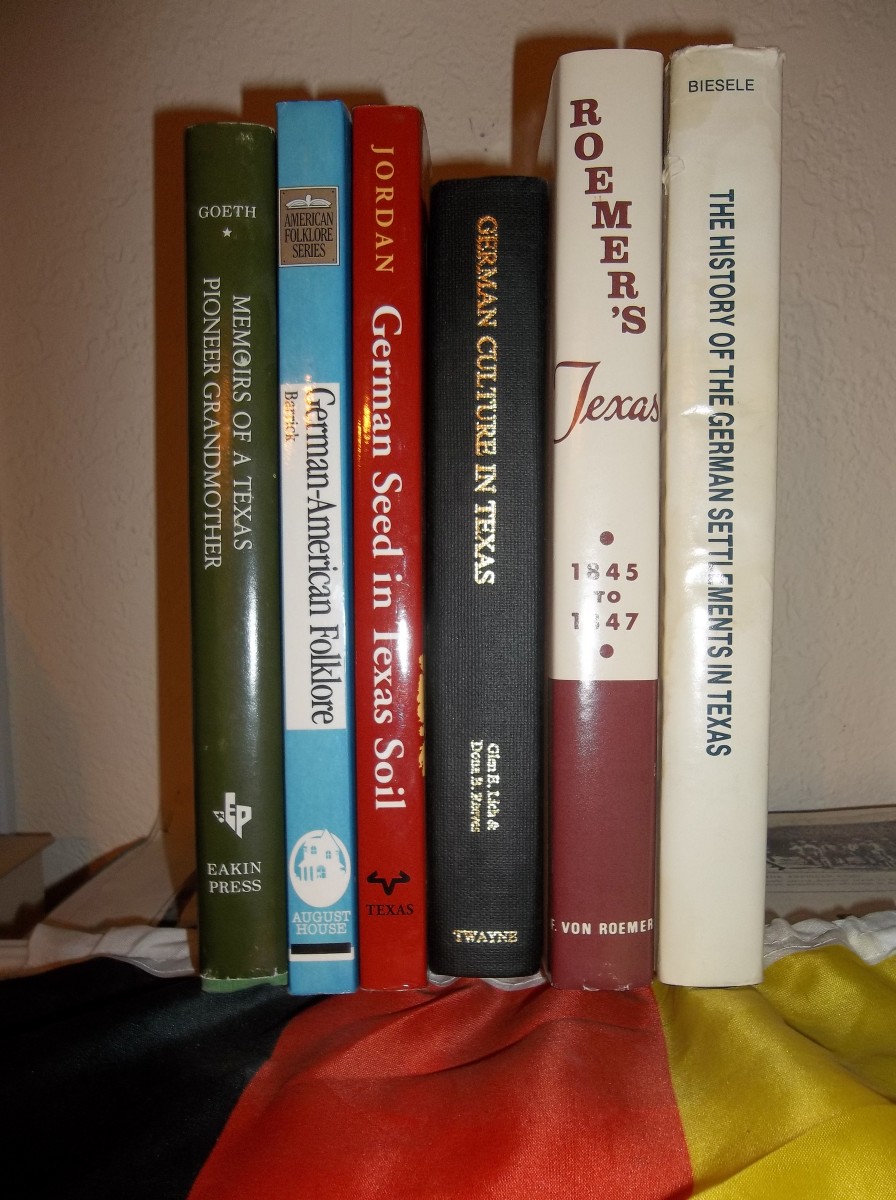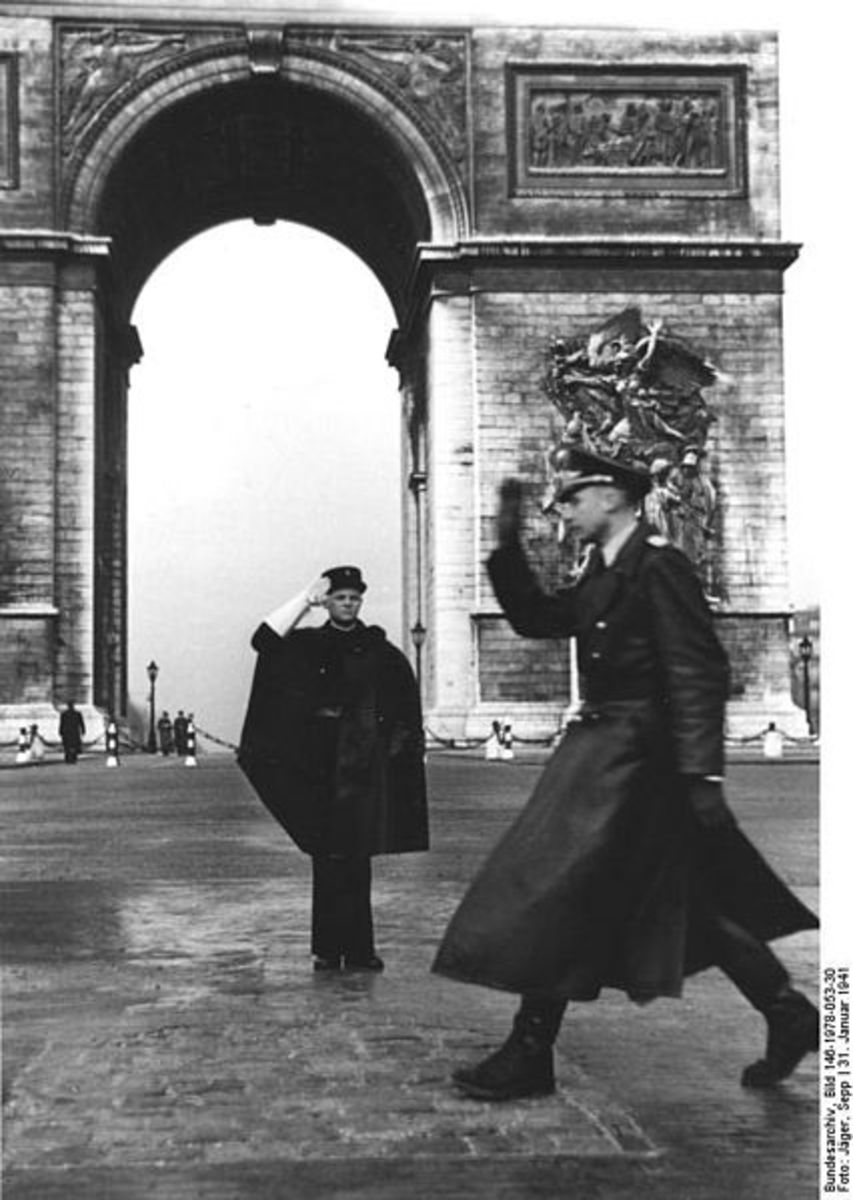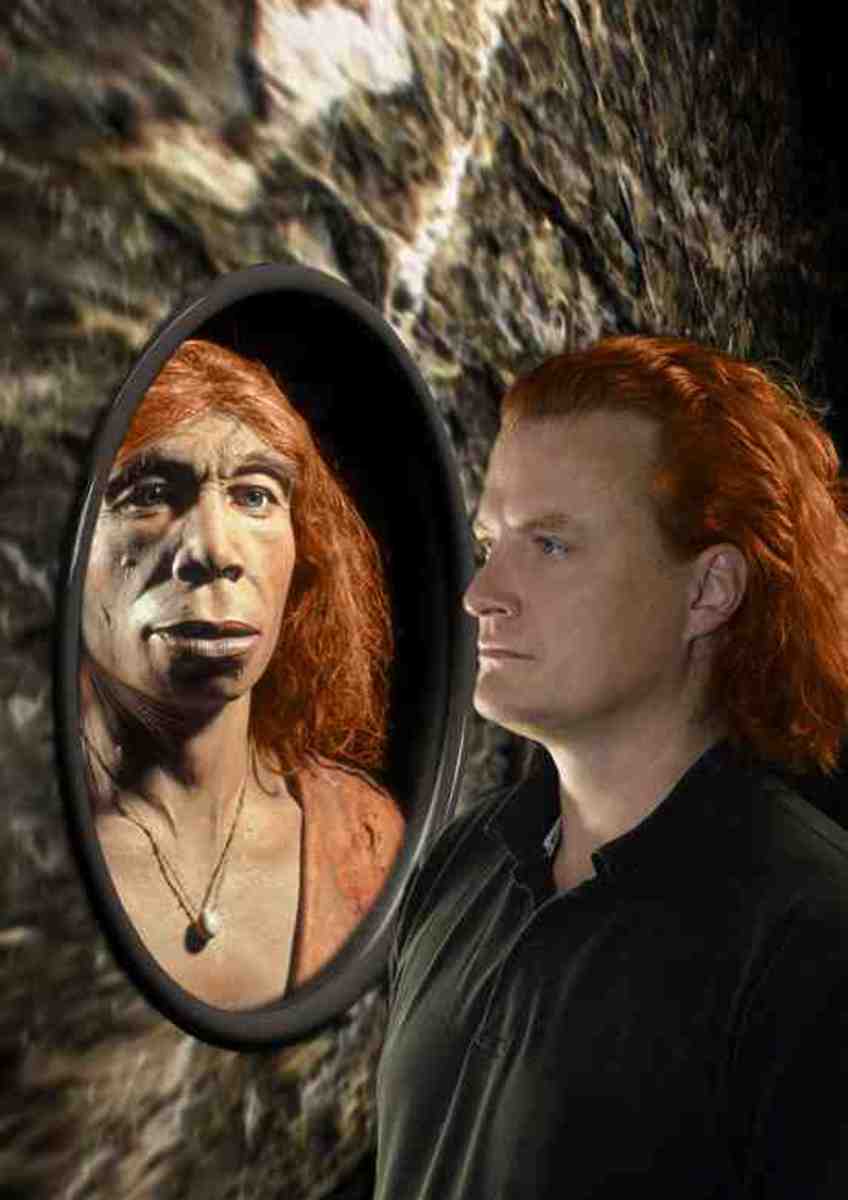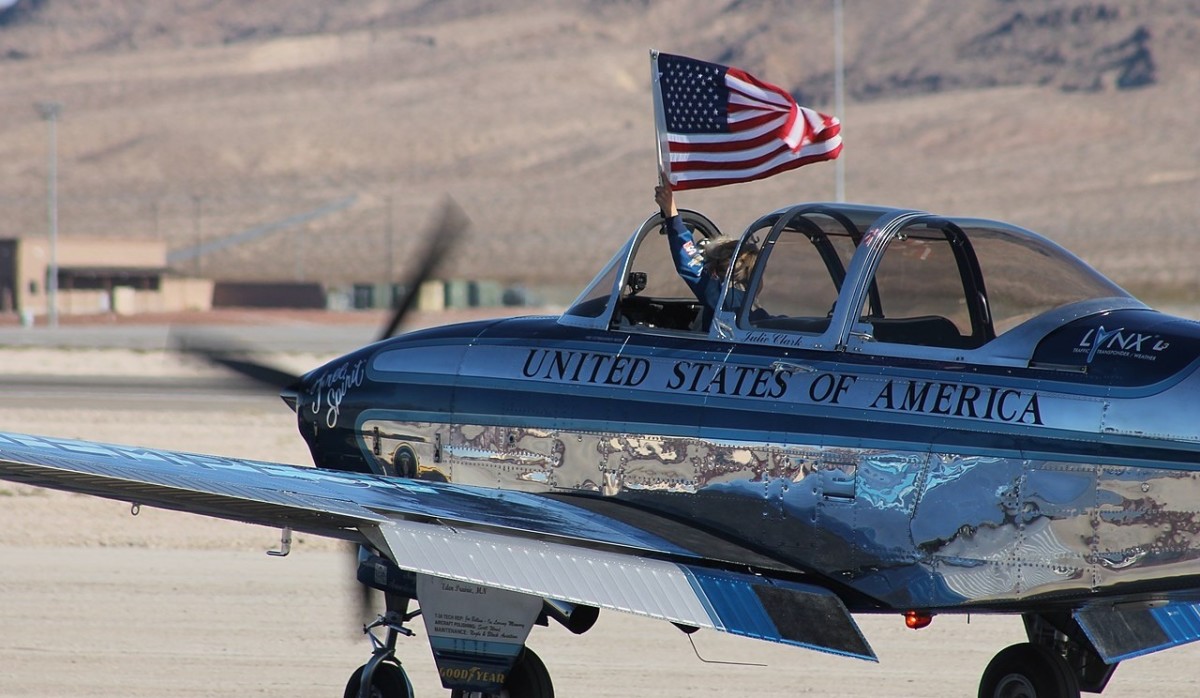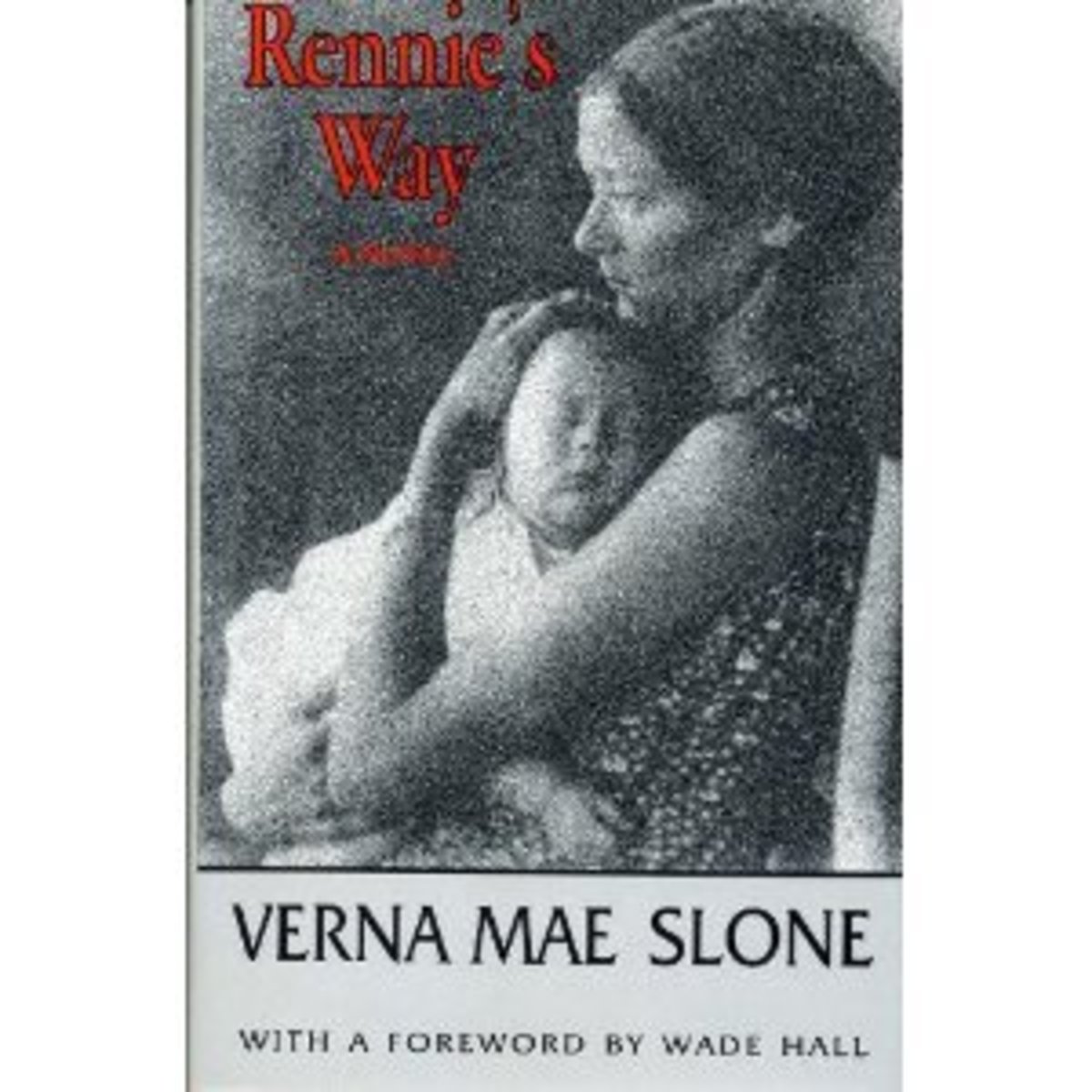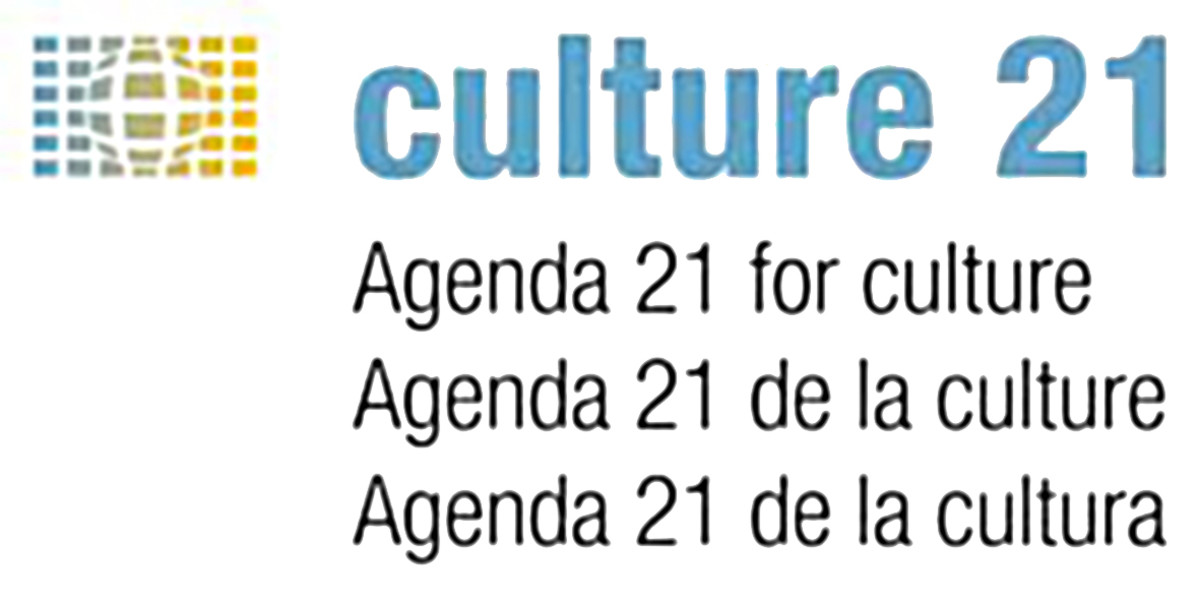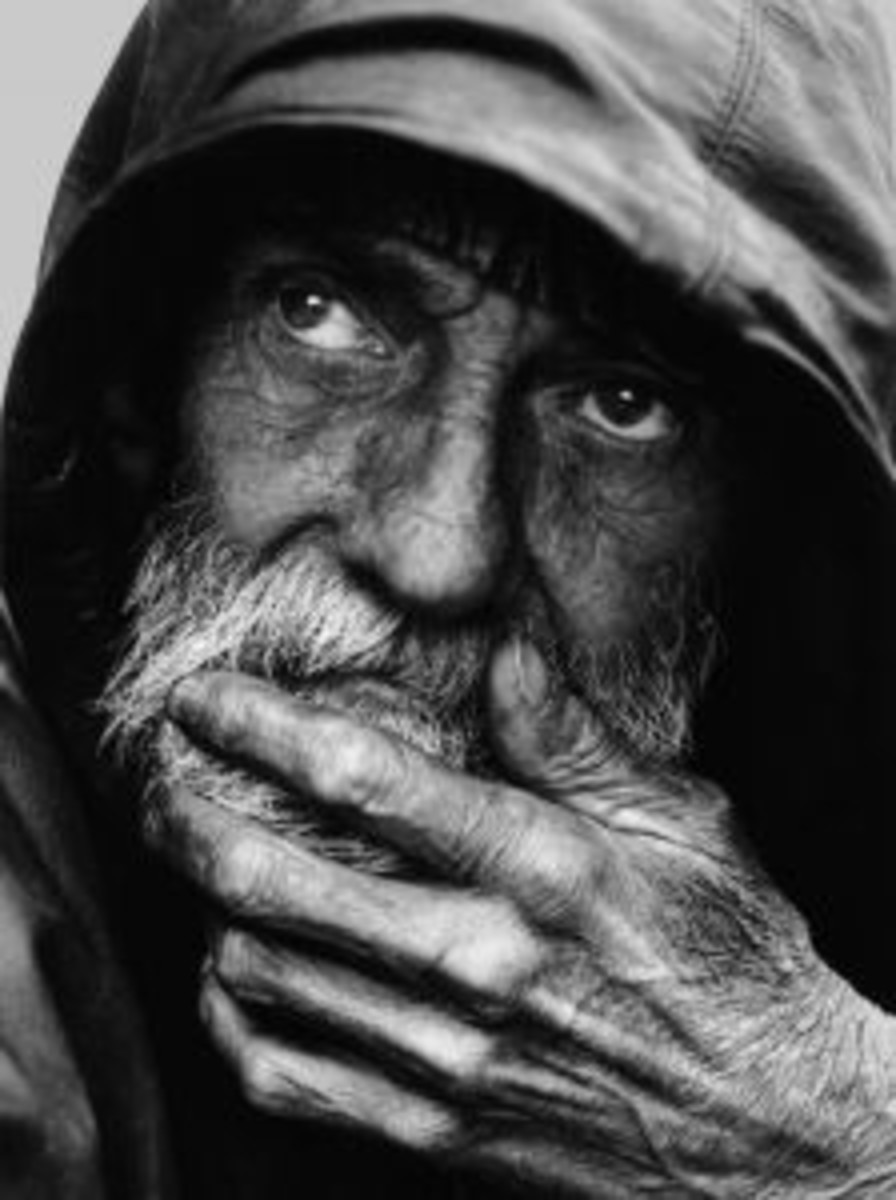The Death of Patriotism
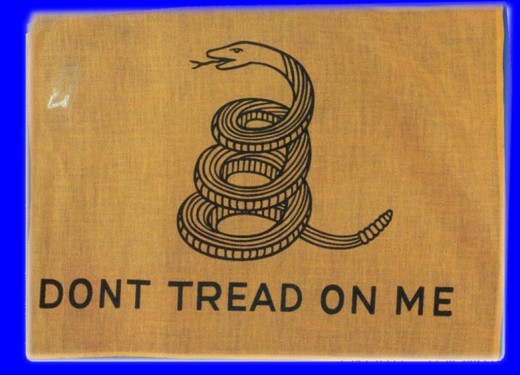
WHY I'M WRITING THIS HUB
About a week ago, a fellow Hubber, jonnycomelately, asked a question--Can patriotism make you blind to shortcomings? I offered a comment, fine and good, but when I tried to make a second comment, the System said No!, but I was welcome to write a Hub about it
Please note that my academic background is in neither anthropology nor sociology. If you continue reading past about here, you'll be into my lay speculations about patriotism--where it probably came from, how it has been used to define and motivate populations, how its uniting purpose has bee used to divide and suppress, and how it now functions in our shrinking world .
If nothing else, I hope my perspective sparks some lively discussion.
ORIGINS OF PATRIOTISM
Patriotism probably began something like this--and cut me some slack on the "probably". No one can possibly provide documentation of the beginning of patriotism, so my speculation is at least as reasonable as the next guy's.
Millions of years ago, some little organism slithered out of the primeval ooze and started the long evolutionary journey that has culminated in our current social contracts. In the beginning, however, there could not have been any "contracts", or any "social" for that matter; rather, there would have been only individual organisms, struggling to survive. Gradually, the need to reproduce would have generated groupings of some kind, and we can speculate that individual survival gradually gave way to group survival--if the group was healthy, then by inclusion the individual stood a much better chance of survival, growth, even enhanced well-being. Over time, group survival depended on successful management of local resources. Food would have been primary. Natural growing grains, legumes, other vegetables, fruits, nuts and--later--animals that could be eaten, all of these food sources would have been sought, harvested, and followed as necessary for the good of the group.
In those long-ago eons, man was nomadic. It would take tens of thousands of years for two ideas to take root: 1) deliberately putting seeds into the ground, so that they would grow into gardens of food, and 2) catching and corralling animals so that they could be eaten at (relative) leisure.
BOTH of these strategies required fixed, stable locations to cultivate the plants and fatten the animals. Obviously, the success of these post-nomadic groups would have been predicated on their ability to locate sufficient sun, rivers and lakes,arable soil, precipitation, warmth etc.. We take these essentials of life for granted--imagine a time when you still had to discover what they were!
PATRIOTISM AS THE POSITIVE "GLUE" OF SOCIAL SUCCESS
Vague groups became somewhat less vaguely defined Bands, Bands became Tribes, Tribes became towns and towns became walled City States, the foundations for great nations. Troy, Athens, Sparta, Thebes, Rome--regardless of their historical time of glory--were all walled City States. Stones and mortar kept enemies out, but what dynamic kept citizens in , made them willing to fight literally to the death in defence of their State. This dedication of the individual to the ideals of a particular State was stunning in its totality and the ferocity of its expression. Spartan mothers were reputed to repeatedly pull their male infants away from the breast to engrain rage into their character, a rage that was channeled into the indomitable fighting machine that was the Spartan warrior. Socrates, faced with a choice between death and exile forever from Athens, chose death as preferable to exile. A few centuries later, the proudest declaration in the known world was "civis romanus sum"--I am a citizen of Rome--and banishment from the splendors of that great city and everything it stood for, was considered banishment from life itself.
Nations were built, became strong, and prospered in direct proportion to the degree of Patriotism leaders could inculcate into citizens, thinkers, legislators, warriors, and leaders. Patriotism, belief in the power of your nation not only to sustain you but to provide you with the values and inner strength to live a meaningful life--patriotism was that positive force that held the practical side of life together for thousands of years.
PATRIOTISM AS A FORCE OF HATE
Back in the day (love that dumb phrase! Means any time from last year to whenever), patriotism was generally used in positive ways. Athens is great because of our democracy and our navy. Sparta is great because we're the fiercest fighters on the block. Rome is a great nation because we rule the known world. These kinds of messages celebrate the greatness within--they do not denigrate the relative weakness or evil of OTHER nations or value systems. Such denigration was unnecessary, because the sense of positive greatness from within was sufficient unto itself.
This kind of patriotism changed most notably in about 1936 with the rise of the Third Reich. Hitler appealed to exactly the same kind of energy as positive patriotism to convince a sophisticated, educated, urbane society that the very fabric of their way of life would decay and fall if Germany did not suppress the Jews. The same patriotic energy that made Germans fiercely loyal to their country was now exploited to make them hate Jewsl Rather than fighting for the privilege of being members of their own nation, Germans were encouraged to hate others for being members of "theirs" (Hitler's propaganda was so successful, many Germans lost sight of the fact that hundreds of thousands of the hated Jews were German citizens!)
DEFINED BORDERS ESSENTIAL TO EXPLOIT PATRIOTISM
Hitler was a madman; unfortunately for the rest of the world and, ultimately, for the German people, he was a brilliant madman. He knew the fierce pride and historical identification individual Germans felt for their country and its traditions. After its defeat at the end of WW I, Germany had to cede certain of its territories to neighbors, and the loss of those lands cut bitterly into the German national psyche. Hitler used that deeply engrained patriotism of his own people as the foundation for his specious argument that war was necessary to recover lands essential for German life--Lebensraum. The word literally means "space to live in", and the argument had a profound appeal because the German people's national identity was so strongly fused with the land itself. This physical argument, mixed with the psychological argument against the Jews, was then seasoned by the passion of patriotism, producing a toxic stew which just about brought the world to its knees.
REDEFINING PATRIOTISM
Speaking to an audience of 450,000 in West Berlin in the summer of 1963, US President John F. Kennedy said, "Ich bin ein Berliner!" ('I am a citizen of Berlin")--declaring not only US solidarity with West Berliners, but the solidarity of all citizens of the free world with the citizens of that City. The phrase became instantly iconic for the growing millions who looked on traditional patriotism as an isolationist concept that worked against hundreds of millions of needy people.whom the accident of birth had placed in impoverished countries. At about the same time, Marshall McLuhan published The Making of Typographic Man (1962) and Understanding Media (1064), introducing the concept/phrase "the global village"--the "communications" equivalent to Kennedy's declaration of global social and political "unity". McLuhan realized that television and the internet were creating a new sense of community, of responsibility by those who had freedom and the good life for people who were suffering and had little possibility of socio-political relief from their own countries.
This was new. This was simultaneously exciting and hugely problematic. It is all very well in this New Age of borderless humanity to look on oneself as a citizen of the world, but that is NOT really true for any one of us--legally we are Canadians or Americans, Latvians or Fijians or Icelanders or Russians. No one has a passport from The World, . How are we to reconcile our new expanded consciousness with our love of country? If a military force from an impoverished country showed up on Canada's shores and invaded with cannons, guns, and other weapons of destruction...............would I defend my country? Damn right I would! And with all the ferocity I could muster, I might add.
But with the expanded consciousness, new global thinking, and new sense of possible action I have inherited from the visionaries of the 1960s, I would be seeking a quick solution, i would want to learn everything I could about why this country had invaded, I would want to minimize casualties on both sides, and I would want to put in place long-term solutions to ensure the reason for this country's invasion was put to rest.
ANSWERING THE QUESTION THAT STARTED THIS HUB
We began this brief enquiry with jonnycomelately's question---"can patriotism make you blind to shortcomings?" So where are we now? I think we've demonstrated that patriotism is still alive and well, but patriotism now manifests itself as a sense of pride, tempered with a broader humanity that has room for compassion and empathy for the plight of others. But there is a measure now, based entirely on what I'll call a "sliding scale of direct threat". When the threat is extremely high, my "old school" patriotism, the knee-jerk-I'll-stomp-all -over-you school of patriotism, will be very high. I will be completely blind to any suggestion of "shortcomings" to my patriotic responses, whatever they may be. As the threat recedes, my willingness to become more aware, more problem-solving, will increase. Eventually, I will be as interested in the other guy's point of view and needs as i will be in my own.
This last is my answer to the question. Our sense and understanding of the strengths, dangers, and limitations of patriotism have been hard-earned through history, but I actually think we've learned a thing or two. We can love our countries and defend them like rabid dogs when circumstances demand, but we can also put on the brakes and reason our way to calmer waters when circumstances permit.
That apparently simple ability to put such a distinction into effect, is demonstration that occasionally we actually DO learn from History. Goof grief..................

